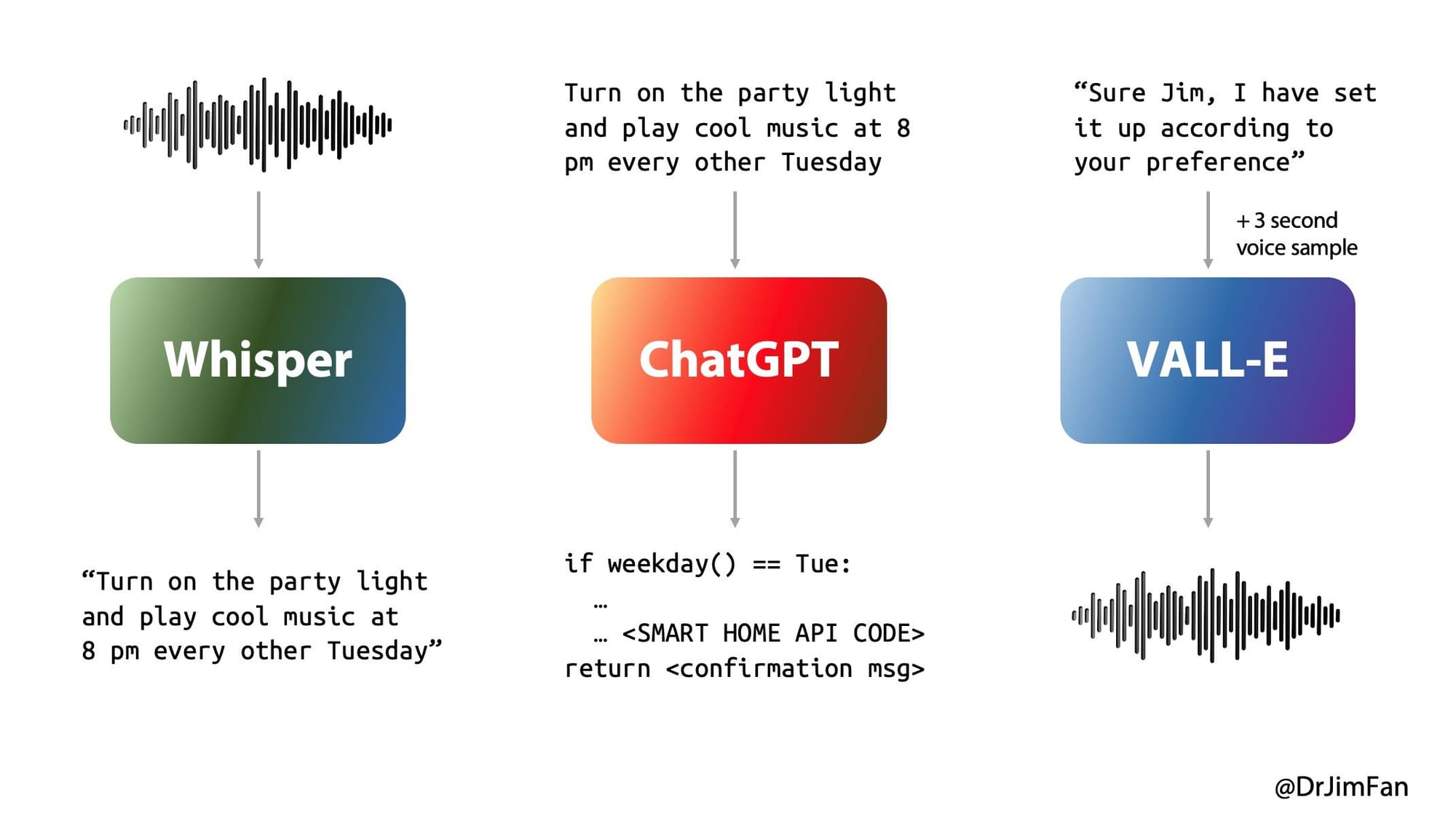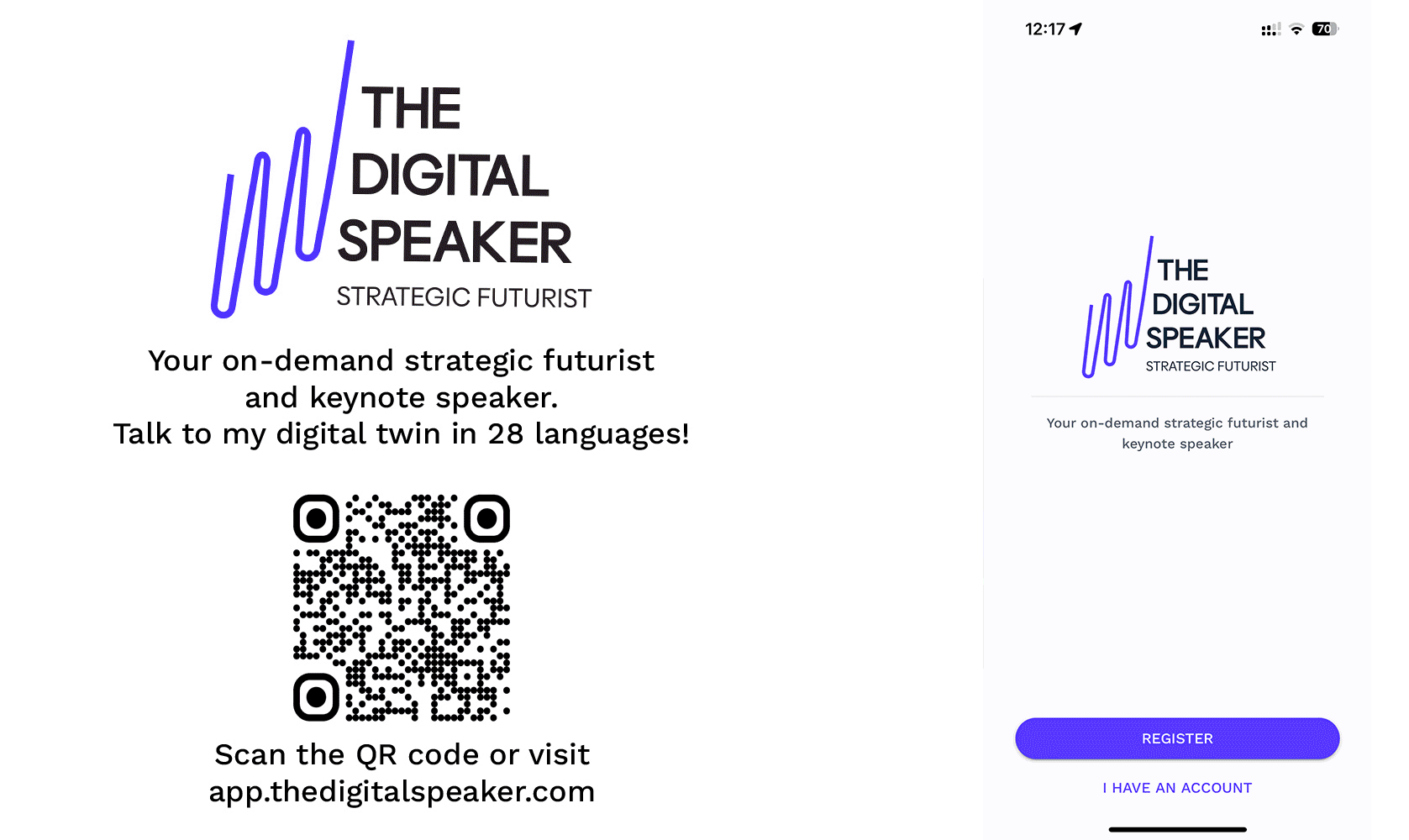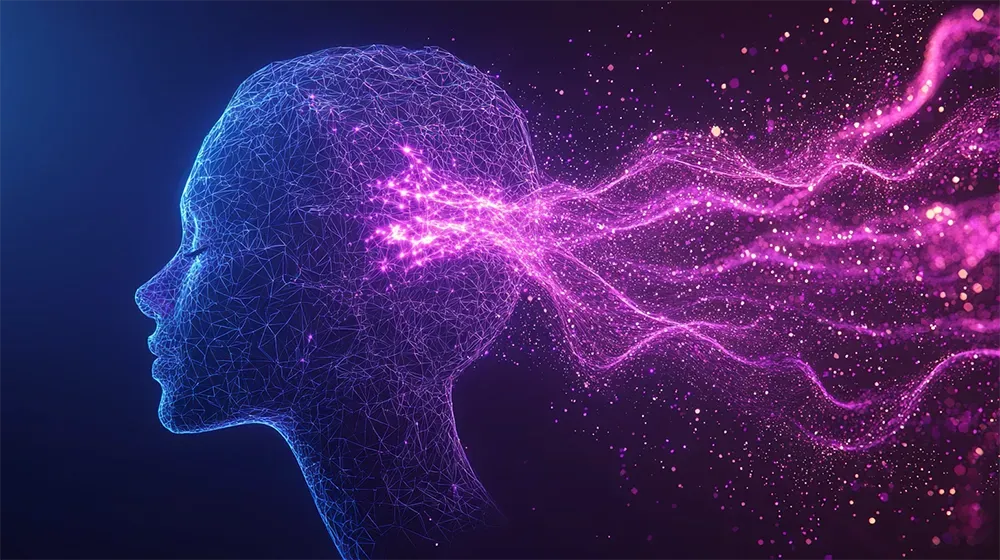Talking the Talk: Will OpenAI's New Voice Assistant Redefine Real-Time Interaction?

Could OpenAI's forthcoming voice assistant be the charm that finally breaks the spell of clunky AI conversations, or are we setting ourselves up for a dystopian future as displayed in the movie Her?
OpenAI is poised to unveil a groundbreaking voice assistant, aiming to revolutionize real-time digital interaction. This initiative could transform mundane digital interactions into dynamic, engaging conversations, mimicking human-like exchanges with real-time responsiveness.
The new assistant is expected to integrate advanced AI models such as GPT-4V, Whisper, and Voice Engine into a seamless system, potentially reducing the annoying lag that has plagued similar technologies. Jim Fan, Sr. Research Manager & Lead of Embodied AI (GEAR Lab) at NVIDIA, showed how this initiative could work:

Imagine not just issuing commands to a voice that responds after a pause but interacting with an assistant that converses fluently, anticipating needs and even handling interruptions gracefully. As we edge closer to this potential AI revolution, one must wonder: Are we truly ready for our devices to understand and anticipate our every word?
By integrating advanced models, OpenAI aims to create a system that can handle the subtleties of human conversation—predicting interruptions, engaging in multi-agent dialogues, and responding in real-time without the awkward pauses that currently frustrate users.
The introduction of such technology promises profound implications for both business and society. For businesses, the ability to streamline customer interactions through an AI that can understand and predict client needs in real time could lead to unprecedented efficiency and customer satisfaction. Imagine a customer service AI that solves problems, anticipates questions, and offers solutions proactively. This could transform sectors like retail, telecommunications, and financial services, where speedy and effective customer service is paramount. It would be Klarna's solution on steroids.
Moreover, as these systems become more integrated into daily operations, they could significantly enhance productivity. Meetings could be facilitated and summarized by AI, complex data analyses could be handled conversationally, and multitasking across platforms could become seamless. The potential for AI assistants to act as real-time translators in international negotiations, or as accessibility aids for those with disabilities, also illustrates the far-reaching benefits of this technology.
However, the societal impacts, particularly on personal relationships and mental health, warrant careful consideration. The movie Her showcased a future where human-like AI systems lead to profound emotional attachments, highlighting the potential for loneliness in an era of pervasive digital interaction.
As AI systems become more empathetic and engaging, they could indeed fill social voids for some, potentially alleviating feelings of isolation for those who struggle with human interaction. Yet, there's also a real risk that such technologies could exacerbate the loneliness epidemic by replacing human contacts with digital ones, especially among the younger, more tech-savant generations:
The balance between leveraging technology to enhance human interactions and allowing it to replace them is delicate. The key to harnessing the benefits of advanced voice assistants lies in their integration into society—enhancing human capabilities without undermining the value of personal connection.
As we stand on the brink of this technological evolution, the question remains: are we merely engineering sophisticated tools, or are we sowing the seeds of our own obsolescence in the social fabric? This pivotal moment calls for a critical examination of our relationship with technology and its role in shaping our future.
Read the full article on The Information.
----
💡 If you enjoyed this content, be sure to download my new app for a unique experience beyond your traditional newsletter.
This is one of many short posts I share daily on my app, and you can have real-time insights, recommendations and conversations with my digital twin via text, audio or video in 28 languages! Go to my PWA at app.thedigitalspeaker.com and sign up to take our connection to the next level! 🚀

If you are interested in hiring me as your futurist and innovation speaker, feel free to complete the below form.
Thanks for your inquiry
We have sent you a copy of your request and we will be in touch within 24 hours on business days.
If you do not receive an email from us by then, please check your spam mailbox and whitelist email addresses from @thedigitalspeaker.com.
In the meantime, feel free to learn more about The Digital Speaker here.
Or read The Digital Speaker's latest articles here.





